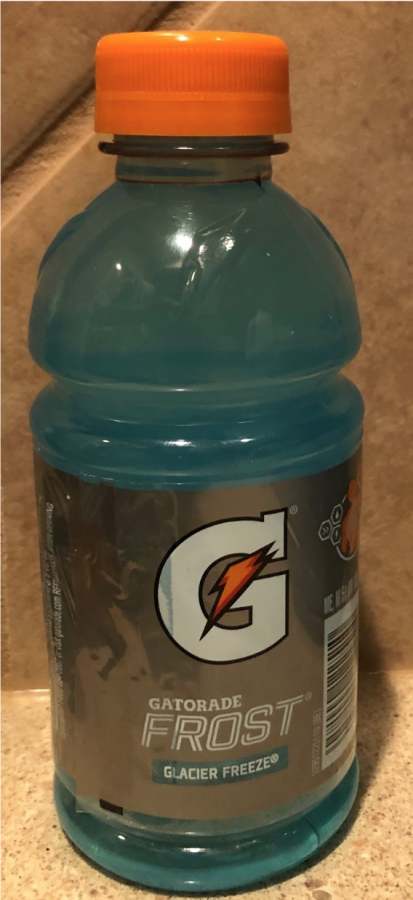Processed Foods and Obesity: An Awful Reality
Gatorade, an energy drink, is one of the many examples of the processed food that people intake daily. A 12oz Gatorade Bottle has a whopping 21g of Added Sugars!
We live in an awful reality. In the next 10 minutes alone, more than 10 people in the United States will die due to a heart disease-related illness closely linked to the food that they eat.
Heart disease is the leading cause of death for both men and women in the United States, and it costs the U.S. approximately $200 billion each year. The U.S. government estimates that about half of all American adults—117 million people—have one or more preventable, chronic diseases, many of which are caused by heavily processed foods.
It’s sad that in our modern-day lives, fast food or highly processed food has taken over the whole country.
“Obesity is a major health crisis in the United States due to the vast fast food industry with billion [of] dollars [of] investment and [a] lack of health education [and
] health care system,” said Dr. Sanobar Umair (MD FAAP), CEEO of Partner of Health Pediatrics. “A large majority of working class Americans find fast food readily available at cheap prices despite knowing it’s health hazards.”
Our food industry promotes processed food packed with unhealthy ingredients, including high fructose corn syrup, added sugars, trans fats, artificial sweeteners and other additives which lead to serious health issues.
A study published in the BMJ (a medical journal) a few months ago found that people consume more calories on diets high in processed foods, even when the meal choices are matched in nutrients like carbs, protein, fat, and sugar.
“All the processed foods are high in saturated fats, salts and sugars,” said Dr. Sanober. “Many companies utilize cheap ingredients such as high fructose corn syrup and hydrogenated oils to give the food a palatable taste, however over-consumption of these foods results in a myriad of health related problems such as diabetes, high blood pressure, coronary artery disease, joint problems, etc.”
However, an overconsumption of processed foods is preventable. Here are some steps which you can partake in to help maintain a healthy lifestyle:
- Check the label. The longer the ingredient list, the more processed a food is. If most of the ingredients are hard-to-pronounce chemicals instead of actual food, it is a safe bet that the food item is heavily processed. Avoid it completely.
- Shop the outside aisles at the grocery store. The center aisles of most grocery stores are full of packaged items and ready-made foods that are heavily processed. Aim to buy more foods from the produce and dairy aisles.
- Slowly replace processed foods in your diet with more fresh foods.
- Go to your farmers market to buy fresh produce from local farms.
- Cook more meals at home. You might not always be in control of your diet while traveling, but when you are at home, try to make it a habit.
- Choose water instead of sugary drinks.
In the end, we have to understand that our health is nobody’s bottom line but our own. It is only when you and I decide to make small changes in our own lives that global changes can occur.







